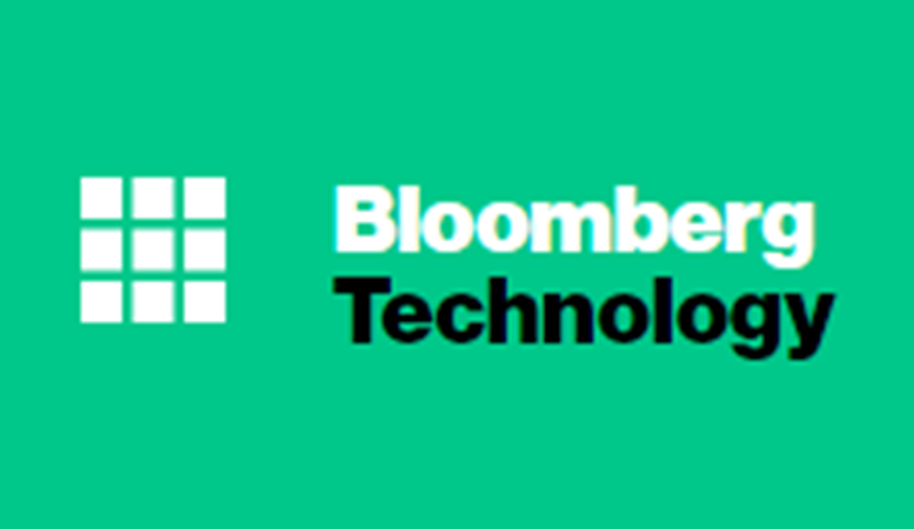Статьи
How Bitcoins Are Mined in Moscow Kitchens


· Mines founded in Moscow kitchens and Siberian factories
· Vladimir Putin called for regulation of cryptocurrencies
Dmitry Gutov’s Moscow kitchen is home to an automated mining operation. Not for gold and industrial metals like many of his country’s exporters, but for bitcoin-like cryptocurrencies such as Ethereum’s ether. Since installing a DIY system assembled from multiple computer graphics processors in April, Gutov has earned $3,000 of virtual currency and paid off the cost of the equipment used to acquire it.
Gutov, who works in a Moscow-based staff-outsourcing firm by day, is among a growing number of Russians who have embraced mining as the price of cryptocurrencies such as bitcoin and ether has soared. But the government hasn’t provided a clear regulatory framework, forcing some aspiring innovators to operate in the shadows.
Russian President Vladimir Putin called for regulation of cryptocurrenciesat a meeting with top financial officials Tuesday, warning about "serious risks" they bear. Finance Ministry proposed to allow mining only for businesses and private entrepreneurs that would register with the government to reduce the risk of money laundering, Tass newswire reported earlier this week.
Russia has about 50,000 "home miners" like Gutov -- who might spend about $2,000 on home mining equipment -- and up to 1,000 larger businesses such as those housing servers in abandoned Siberian factories, according to the Russian Association of Cryptocurrencies and Blockchain (Racib), a Kremlin-backed lobby group.
The users of these devices operate in a legal "grey area" caused by the lack of regulatory guidelines. The equipment is not typically certified for use in Russia; the buyers sometimes get illegal access to cheap electricity too and don’t pay taxes on income made from cryptocurrency.
Government Lobby
Efforts are being made to resolve this problem. Arseniy Scheltsin is the director of Racib -- founded in August -- and is pushing the government to turn the mining craze into a legal endeavor. "This way of making money suits the national mentality well," he said. "Russian fairytale heroes tend to laze around while their job does itself magically."
In October, Racib filed a proposal to the government to suggest it provides lower electricity tariffs for cryptocurrency mining. Scheltsin said the measure would reduce costs and motivate cryptocurrency miners to become transparent and pay appropriate taxes.
"This would allow a global competence center to develop and increase Russia’s influence over the functioning of leading virtual currencies," he said. "Such currencies include bitcoin and ether."
Rules for mining will depend on regulation of cryptocurrencies that may be drafted over the next few months. The central bank has said it will not allow them to be classed as a means of payment to rival the ruble, but has considered classing them as "digital assets" or goods that would be subject to correspondent taxes.
State Intervention
The Russian government is keen to keep tabs on its domestic cryptocurrency industry. Putin met 23-year-old Russian-born Ethereum founder Vitalik Buterin in June and called for deployment of a digital economy in Russia to diversify the nation away from a reliance on oil and gas. Top state financiers including Herman Gref, chief executive officer of the country’s largest lender Sberbank of Russia PSJC, and Sergey Gorkov, head of state-owned Vnesheconombank, are promoting the use of blockchain technology -- the system that underpins both bitcoin and ether -- in the country.
Typically only entrepreneurs with ties to the government publicly admit their involvement in mining. Russian Miner Coin -- the company co-owned by Kremlin’s internet ombudsman Dmitry Marinichev -- raised $43 million in September to finance the production of domestic mining technology to help Russian entrepreneurs challenge their Chinese competitors. Marinichev already runs a 3,000-megawatt bitcoin farm at the site of an abandoned car factory in Moscow.
"China accounts for 70 percent of the cryptocurrency mining globally," Marinichev said. "Russia’s share of under five percent currently has all the prerequisites to rise in the future as the country has a surplus of low-cost electricity, which is essential for mining."
Marinichev and his allies have been talking with state-run nuclear corporation Rosatom about using surplus capacities at its power stations near Moscow and Murmansk to mine bitcoin. Billionaire Oleg Deripaska’s hydropower producer Eurosibenergo also has surplus power and has advertised for businesses who may wish to utilize it, and the company said it’s receiving a lot of interest from cryptocurrency miners.
With an availability of surplus energy, some glimmer of support from the government and a desire to challenge China, it’s the regulatory hurdle that Russian entrepreneurs need removing next.
Yury Dromashko, who sold an apartment to set up a bitcoin mining farm in Irkutsk -- a region famous for its cheap electricity -- said regulation would be very helpful for the industry.
"Mining is a promising business that helps Russians earn hard currency," he said. "But when there is no legal status and no clarity on taxes, there is always a risk that men in uniform will come after you."
By Ilya Khrennikov

